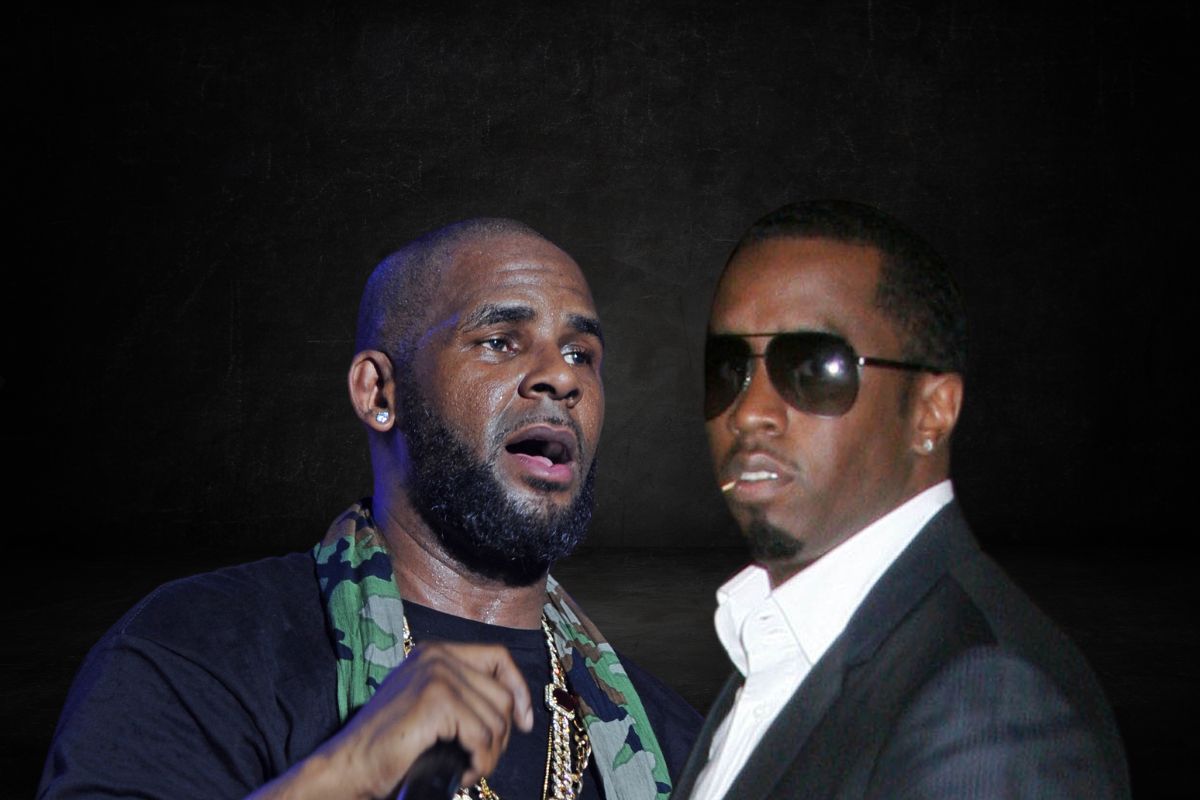The Former federal prosecutor who was instrumental in the R. Kelly prosecution recently shed light on the gravity of the situation facing Sean “Diddy” Combs.
According to lawyer Nadia Shihata, the unfolding investigation into the Hip-Hop mogul appear to be adopting a strategy reminiscent of the R. Kelly case she led.
The raids on Combs’ Los Angeles and Miami properties have signaled an escalation in the seriousness of the probe.
Ashley Banfield recently hosted a discussion on the matter with Shihata, whose insights revealed a carefully orchestrated investigation by federal authorities.
According to Shihata, the decision to conduct searches at two of Combs’ residences is a clear indicator of the investigation’s advanced stage.
“Taking an overt step in the investigation of searching two homes means the investigation is well underway here. They’ve clearly have probable cause to believe a federal crime has been committed and that evidence of that crime or multiple crimes would be found in the two locations that they searched,” she explained.
Shihata’s observation highlighted the meticulous approach being taken by investigators, mirroring the tactics that led to the conviction of R. Kelly.
One key aspect of the discussion between Banfield and Shihata was the role of non-disclosure agreements (NDAs) in such high-profile cases.
Shihata highlighted the potential for NDAs to impede the willingness of individuals to come forward with information.
“NDAs can make people very reluctant and hesitant to speak to law enforcement so if it’s someone that law enforcement is not already aware of, they may be wary to themselves contact law enforcement to provide information. And so they can still deter people in that sense,” Shihata explained.
However, she also pointed out that federal authorities are not deterred by these agreements, having the power to subpoena information and question witnesses.
This capability, according to Shihata, could eventually encourage more people to break their silence, intensifying the scrutiny on Combs.
“If I’m P. Diddy or his lawyers, I’d be very concerned at this point,” Shihata remarked, encapsulating the precarious position in which Combs now finds himself.
